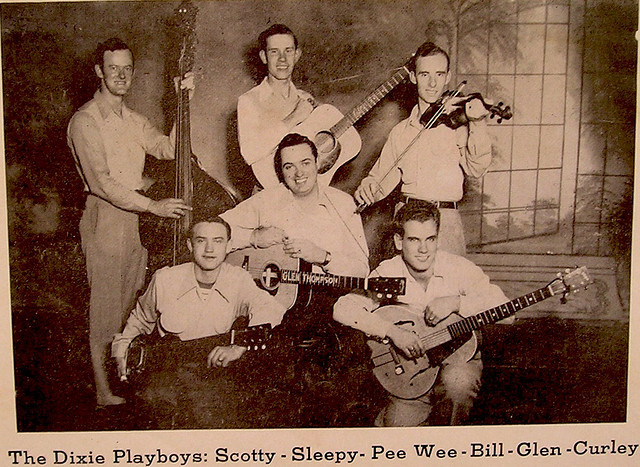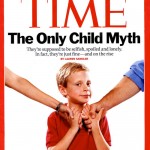Each week in On the Other Hand, Ben Bartlett defies the common wisdom and identifies the other side of the story of cultural hot-topic issues.
CNN has a great article about the context in which decisions about killing Osama Bin Laden were made. Just think: this raid was originally set to go on the same day Obama had to yuck it up with a bunch of reporters, teasing about birth certificates and Mitt Romney’s health care plan. Planning happened on days he was having talks about nuclear disasters or giving key policy speeches. It highlights the incredible demands of multitasking, compartmentalizing, patience, and discernment that we place on the President.
I work hard to structure my life so that I don’t face too many stresses at a time. If I do, there is increased danger of handling one or several of them poorly. In fact, I often tell my wife how important it is to postpone big decisions during times when you are overly stressed or frustrated. The President doesn’t have that option.
After reading this article, you begin to see why Obama seems mostly indifferent to the whining of birthers like Donald Trump; he simply has more important things on his mind. Moments like these highlight the fact that the real meat of leadership lies in the ability to calmly and thoughtfully work through complex situations. Why isn’t that a more prominent part of the discussion when we elect our leaders?
I’ll tell you why. It’s because we are so incredibly self-centered as individuals that our main goal at the voter’s booth is influencing others to think like we think, rather than exalting those worthy of trust. Doesn’t that strike you as a little dangerous?
Look, I’m sure you know what it feels like not to be understood. Other people can’t understand well the drama inherent to your job, your family life, your fears, your joys. But I think good citizenship ought, at least partially, to be about doing the work of seeing past the surface issues and recognizing the dramatic heart of what leadership entails. I think it would change a lot about how we choose our leaders and how we live our lives.











